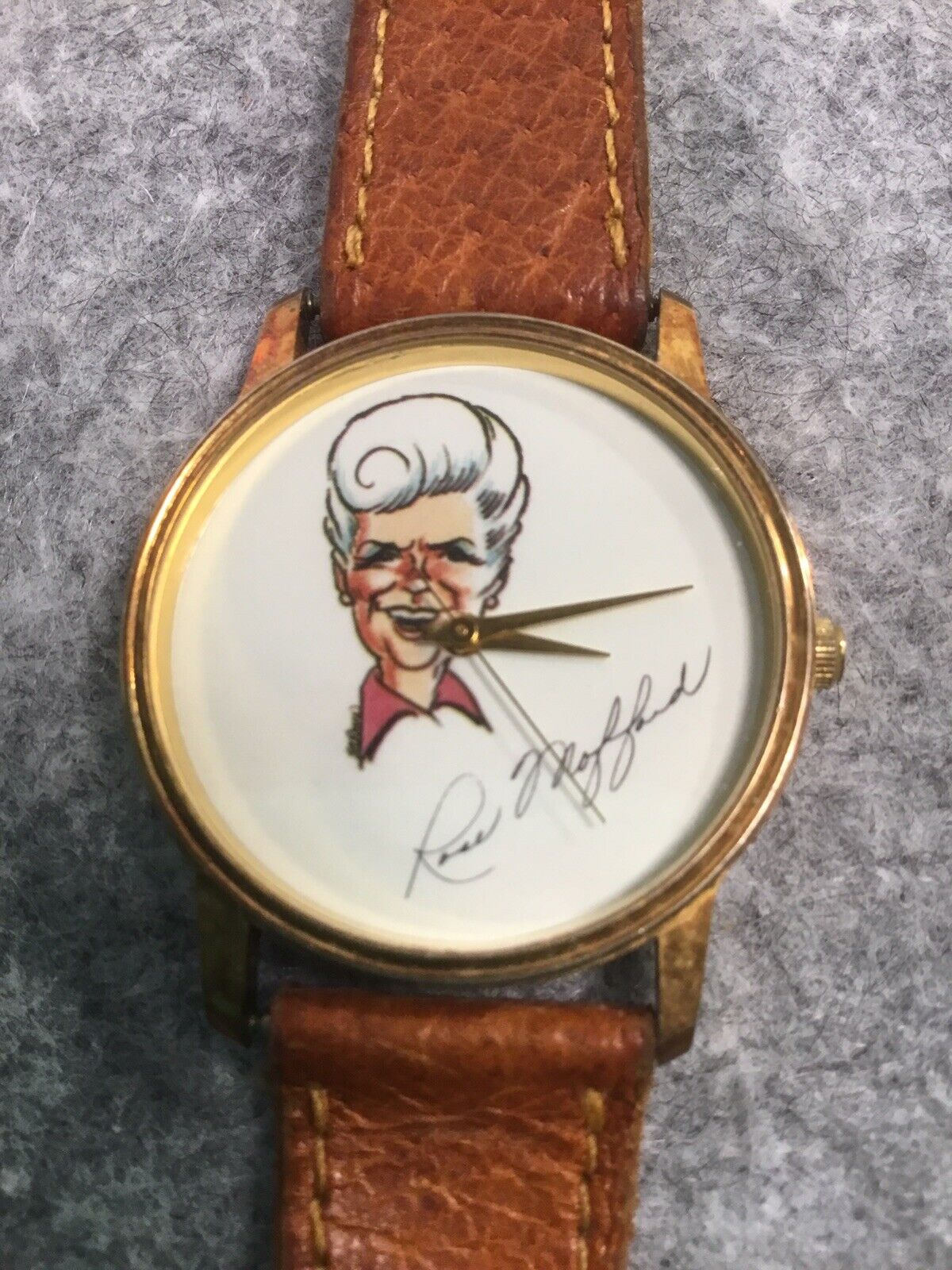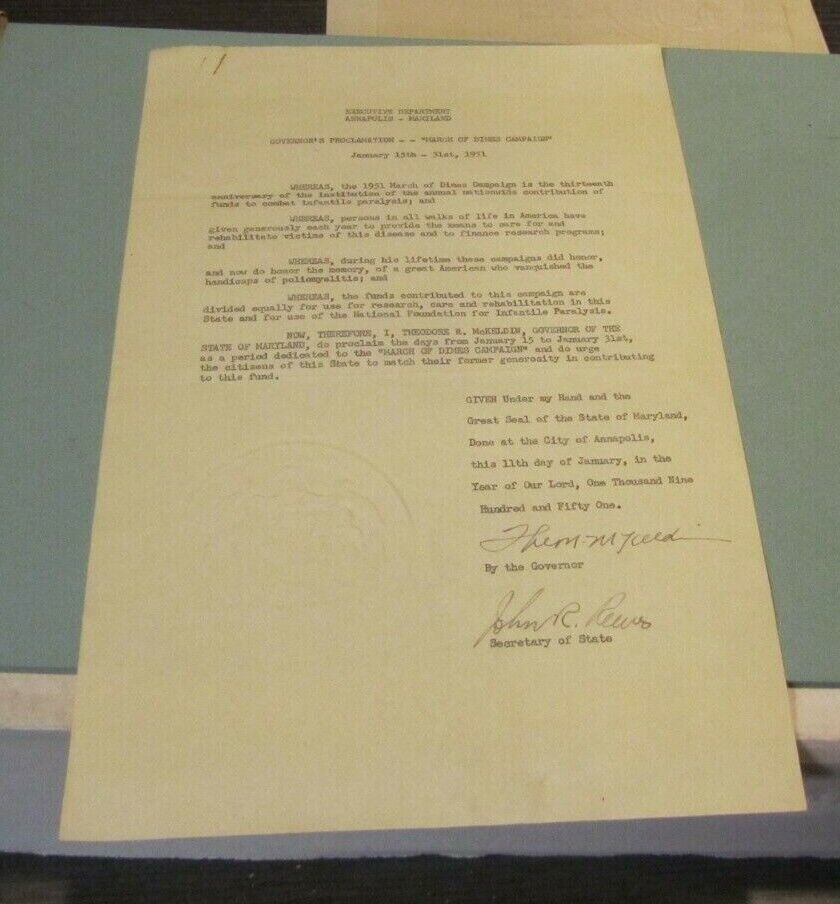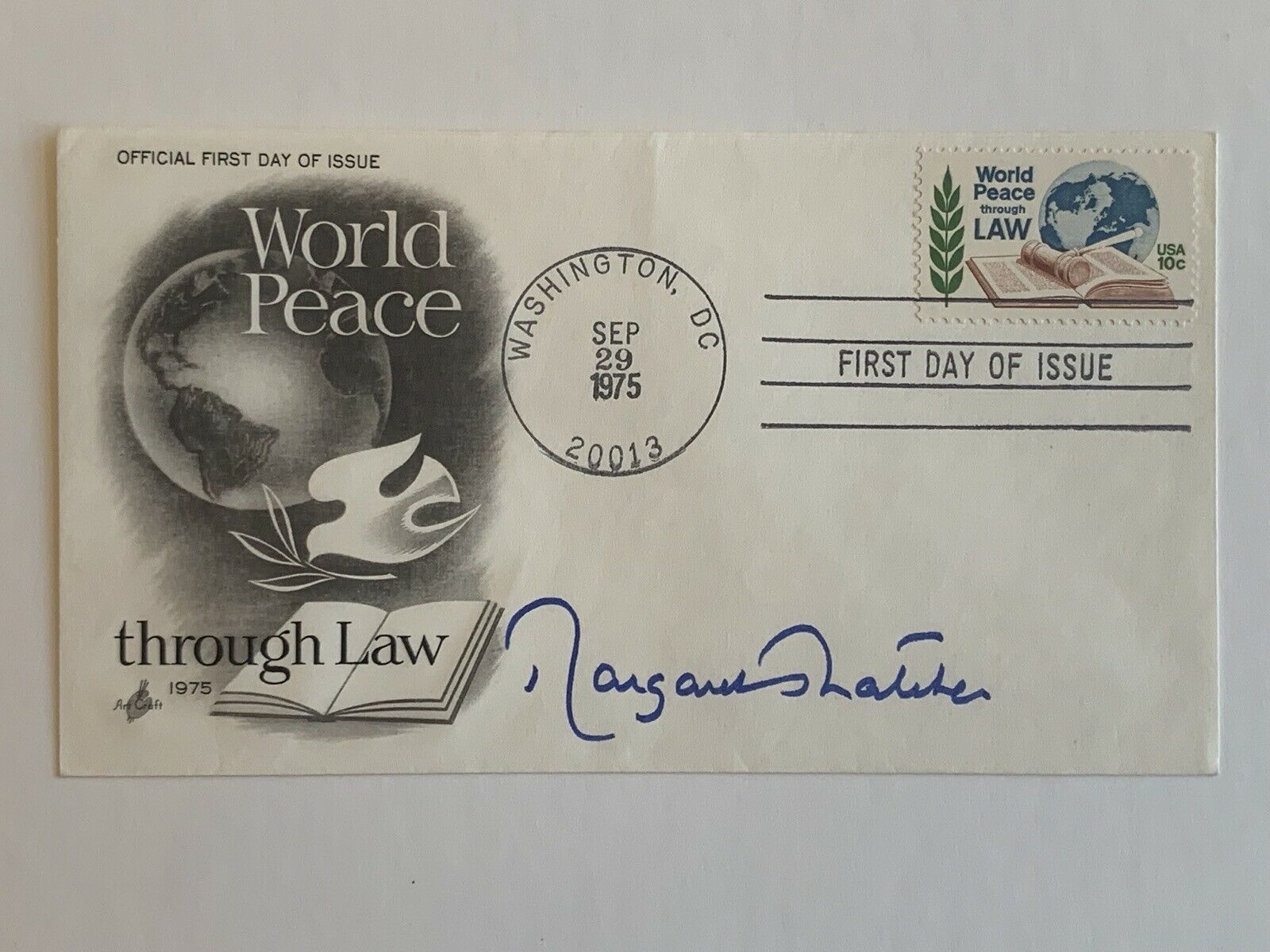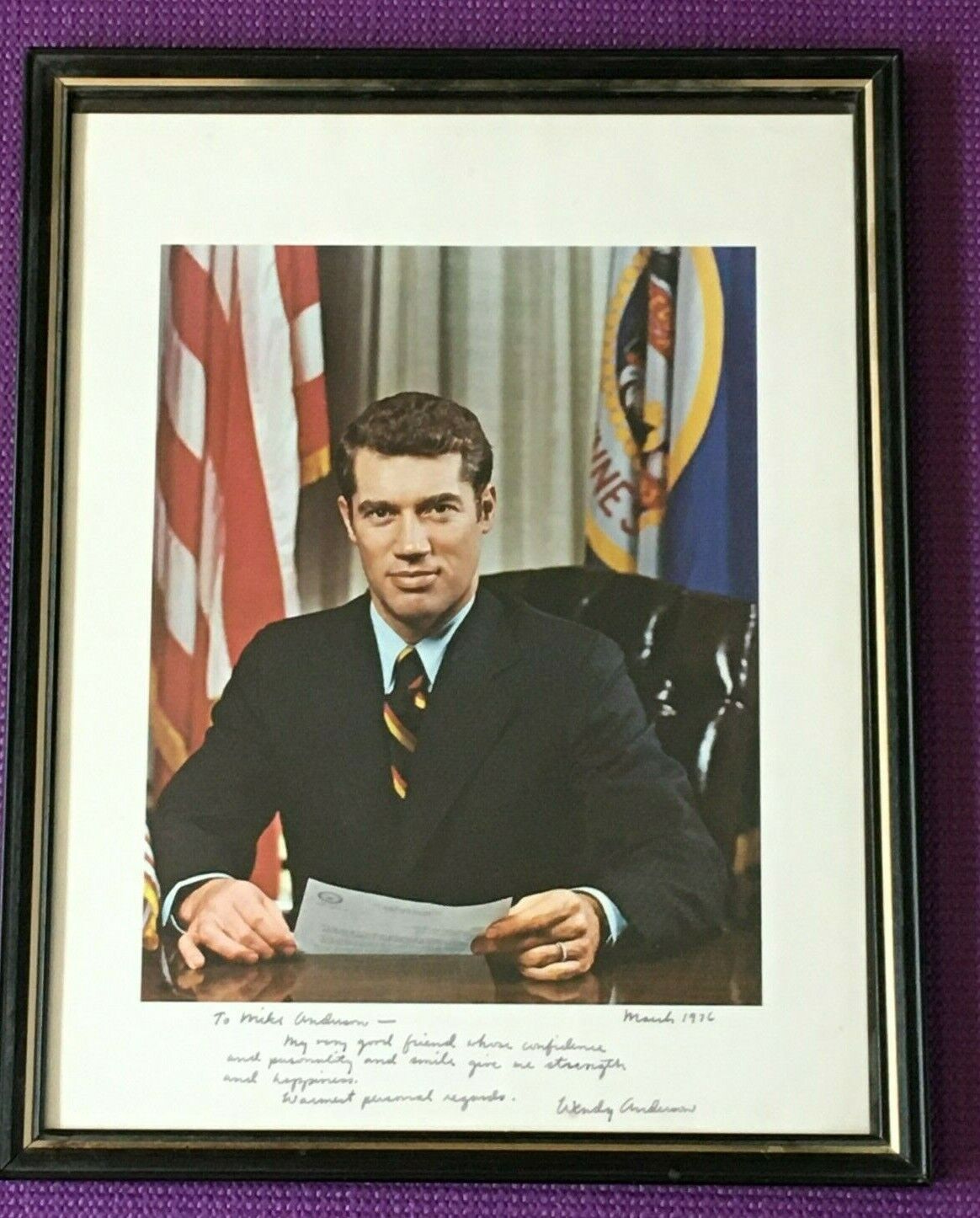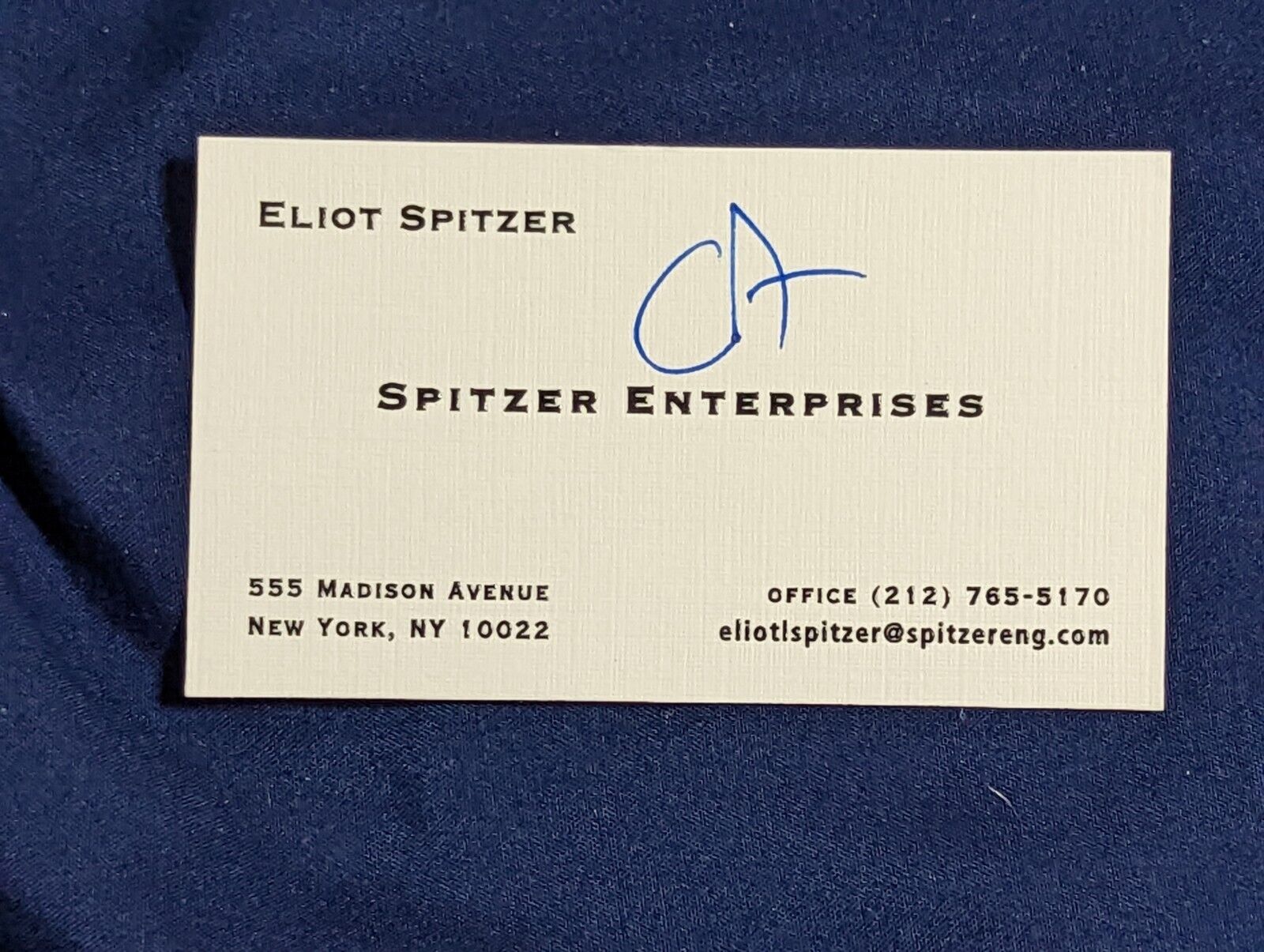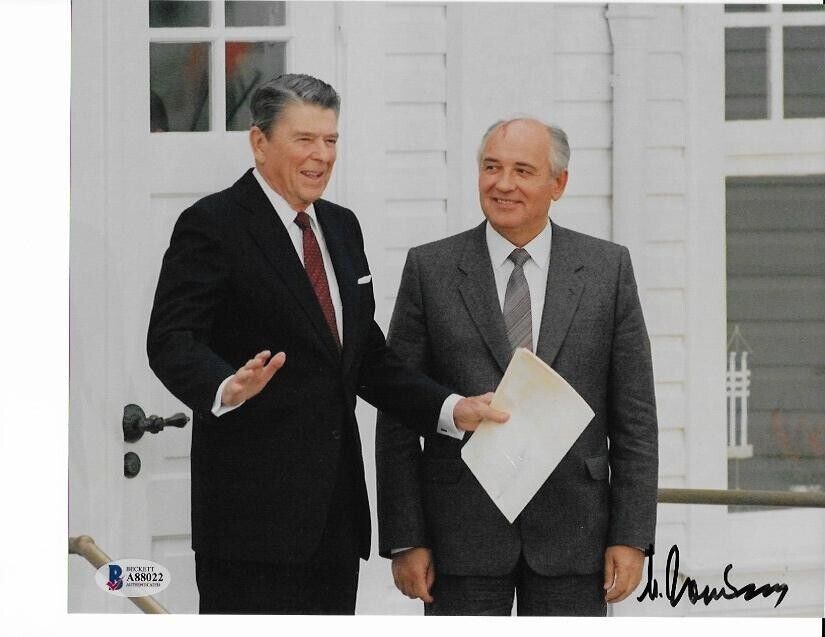-40%
"Prime Minister of Sweden" Ingvar Carlsson Hand Signed 5X7 B&W Photo
$ 26.39
- Description
- Size Guide
Description
Up for auction the"Prime Minister of Sweden" Ingvar Carlsson Hand Signed 5X7 B&W Photo.
ES-6970E
Gösta Ingvar Carlsson (born 9 November 1934) is a Swedish politician who twice served as Prime Minister of Sweden, first from 1986 to 1991 and again from 1994 to 1996. He was leader of the Swedish Social Democratic Party from 1986 to 1996. He is best known for leading Sweden into the European Union. Carlsson was a member of the Riksdag from 1965 to 1996 representing the constituency of Stockholm County (until 1970 in the lower house). He served as Minister of Education from 1969 to 1973, as Minister of Housing in 1973 and again from 1974 to 1976, and as Minister of Environmental affairs from 1985 to 1986. He served as Deputy Prime Minister from 1982 to 1986, and assumed office as Prime Minister of Sweden upon the assassination of Prime Minister Olof Palme in 1986. Carlsson was born in Borås, Västra Götaland County (then Älvsborg County), Sweden and is the third son of the warehouse worker Olof Karlsson and Ida, née Johansson. Carlsson has a diploma in business economics and a degree in political science from Lund University. In Lund he met with Tage Erlander, the Swedish prime minister, and his aide Olof Palme, later to become Erlander's successor. After finishing studies Carlsson got a job in Erlander's staff. In 1965, after completing further studies at Northwestern University in Illinois in the United States, he was elected member of the Swedish Parliament. In the same year, he also became leader of the Swedish Social Democratic Youth League. He had the following ministerial posts: Minister of Education 1969-1973, Minister of Housing 1973-1976, Deputy Prime Minister 1982-1986. He was, together with Olof Palme, known as one of "Erlander's boys". Following the assassination of Olof Palme in 1986, Ingvar Carlsson became the new Prime Minister or Statsminister and party leader. Together with Minister for Finance Kjell-Olof Feldt, the government turned a budget deficit of 90 billion SEK to a surplus of a few hundred billion SEK, which initially led to large investments and record low unemployment.[citation needed] 1980s Social Democratic neoliberal measures—such as depressing and deregulating the currency to prop up Swedish exports during the economic restructuring transition, dropping corporate taxation and taxation on high income-earners, and switching from anti-unemployment policies to anti-inflationary policies—were exacerbated by international recession, unchecked currency speculation, and a centre-right government led by Carl Bildt (1991–1994), creating the fiscal crisis of the early 1990s. But Sweden's economy began to deteriorate in the early 1990s. In 1990 the Carlsson cabinet resigned after failing to gain a majority for its economic policy agenda, but was reinstated immediately with a slightly changed agenda. The Social Democrats lost the elections in 1991, but Carlsson returned to power after the elections in 1994. When the Social Democrats returned to power in 1994, they responded to the fiscal crisis[6] by stabilizing the currency—and by reducing the welfare state and privatizing public services and goods, as governments did in many countries influenced by Milton Friedman, the Chicago Schools of political and economic thought, and the neoliberal movement. As Prime Minister he also carried out a comprehensive reform of the tax system. After three years in opposition and an election victory in the 1994 elections, Carlsson formed a new government. This government realigned its focus on cleaning up Swedish Government finances, and the task was assigned to the newly appointed Minister of Finance Göran Persson. The ensuing governing period was difficult and it was strongly criticized by trade unions and party members for government service cuts and tax increases that were instituted. On 19 December 1994, Carlsson announced the decision not to recover the wreck of the MS Estonia, or even the bodies of the victims of the disaster.In August 1995, Ingvar Carlsson announced that he would resign as party leader and Swedish Prime Minister. His successor was long considered to be the then Minister of Equality and Deputy Prime Minister Mona Sahlin. However, due to the so-called Toblerone Affair, she took back her candidacy and also later resigned from the government. On 5 December 1995 the nominating committee proposed the Minister for Finance, Göran Persson, as the new party leader candidate. He was elected on 15 March 1996 at the Social Democratic Party Congress as party leader and on 22 March 1996 he was elected Prime Minister.

